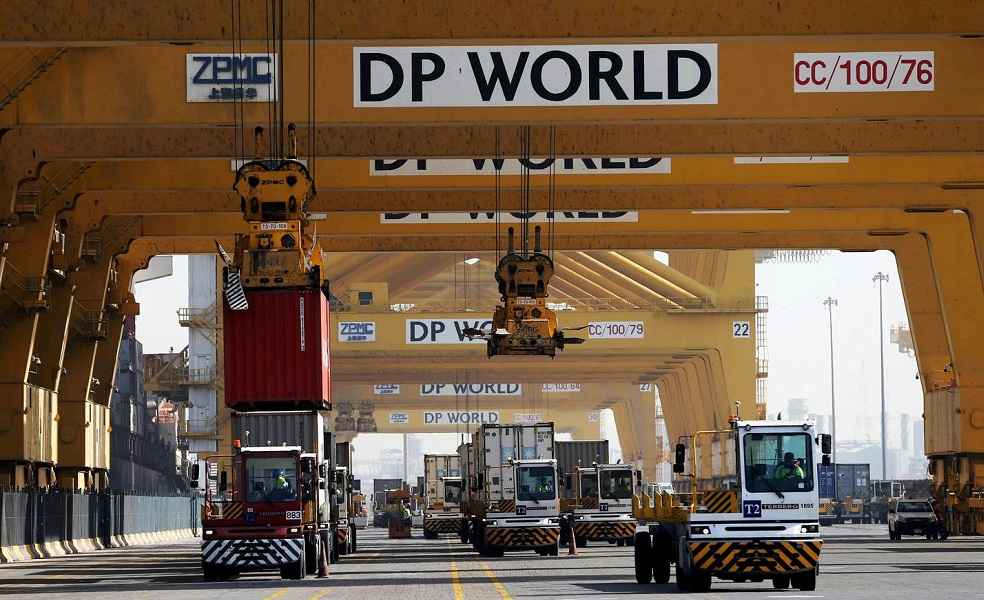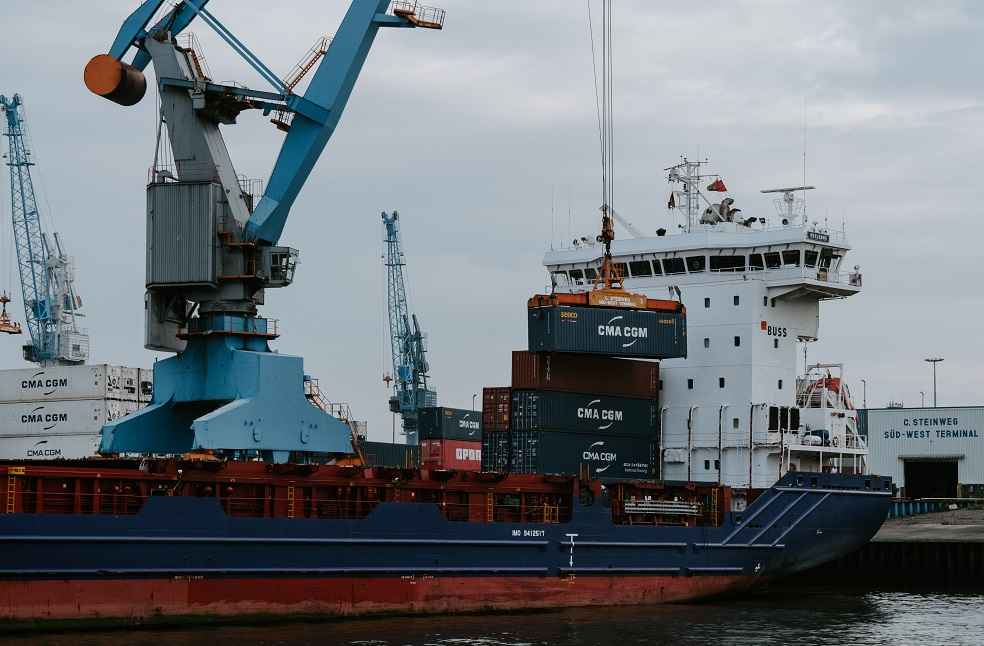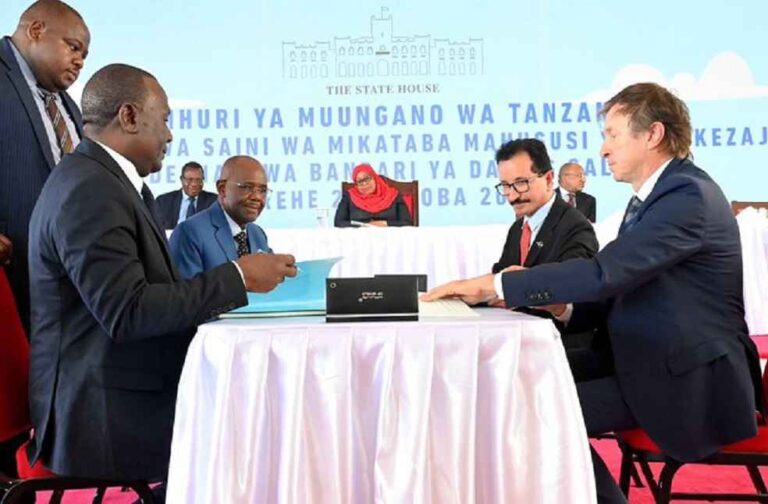Tanzania inked a series of agreements on Sunday with DP World, the state-owned ports operator from Dubai, granting them operational control over part of the Dar es Salaam port for the next 30 years. While the port deal opens avenues for enhanced efficiency and capacity, it has also been met with strong opposition from various Tanzanian groups, citing concerns over the disproportionate benefits in favor of the foreign company.
Tanzania Ports Authority (TPA), the sentinel of the state’s maritime gateways, will see DP World assume stewardship of four of the twelve anchoring havens in Dar es Salaam’s port. Plasduce Mbossa, the captain at TPA’s helm, unveiled the chronicles of this navigational alliance. He mapped out the routes of enhancement that are expected to resonate across the port’s operational seascape, catalyzing elevations in efficacy and a surge in vessel accommodations, from a current of 90 to a future tide of 130 per month.
The Dar es Salaam port, distinguished by its profound water berths, commands a substantial majority of Tanzania’s maritime traffic. Subsequent ports sharing the remainder of the nation’s shipping activity predominantly include Mtwara, Tanga, and the urban port of Zanzibar. Facilitating coastal navigation, the Tanzania Coastal Shipping Line provides pivotal transportation services, and a passenger ferry seamlessly connects Dar es Salaam with Zanzibar.

DP World anchors its commitment in the tides of investment, plotting a course of $250 million over a of years. Sultan Ahmed Bin Sulayem, the harbinger of DP World’s visions, navigated through the articulation of this investment odyssey. He charted the trajectories of improvement that will resonate through the cargo-clearing realms, promising smoother seas and lesser tempests of delays, while bolstering the port’s eminence as a bastion of maritime connectivity, especially in realms rich in copper and green energy minerals.
Tanzania primarily exports gold, coffee, cashew nuts, and cotton, with gold being the most profitable among these. In the early 2000s, gold alone contributed to over two-thirds of the nation’s export revenue, showcasing its significant economic impact.
Resistance billows like storm clouds on the horizons of this navigational pact. The societal spectra of Tanzania, from sacred congregations to legal guardians, and from activism’s fires to political ramparts, have cast their navigational beacons of scrutiny and unease. They navigate the concern, probing the depths of the agreement’s equilibrium and the tides of benefit flowing toward Tanzanian shores.

Image by: Kai Pilger | Pexels
President Samia Suluhu Hassan has reassured that the administration has meticulously considered and evaluated all viewpoints during the negotiation phase with DP World, underlining a commitment to safeguarding Tanzania’s interests.
The unfolding partnership between Tanzania and DP World exemplifies the complexities and challenges intrinsic in global collaborations, where aspirations for development and efficiency intersect with voices of caution and scrutiny, reflecting a vivid panorama of the global perspective in modern agreements and alliances.
AUTOMOTIVE WORLD | DP World Elevates Global Automotive Logistics with CFR Rinkens Acquisition



